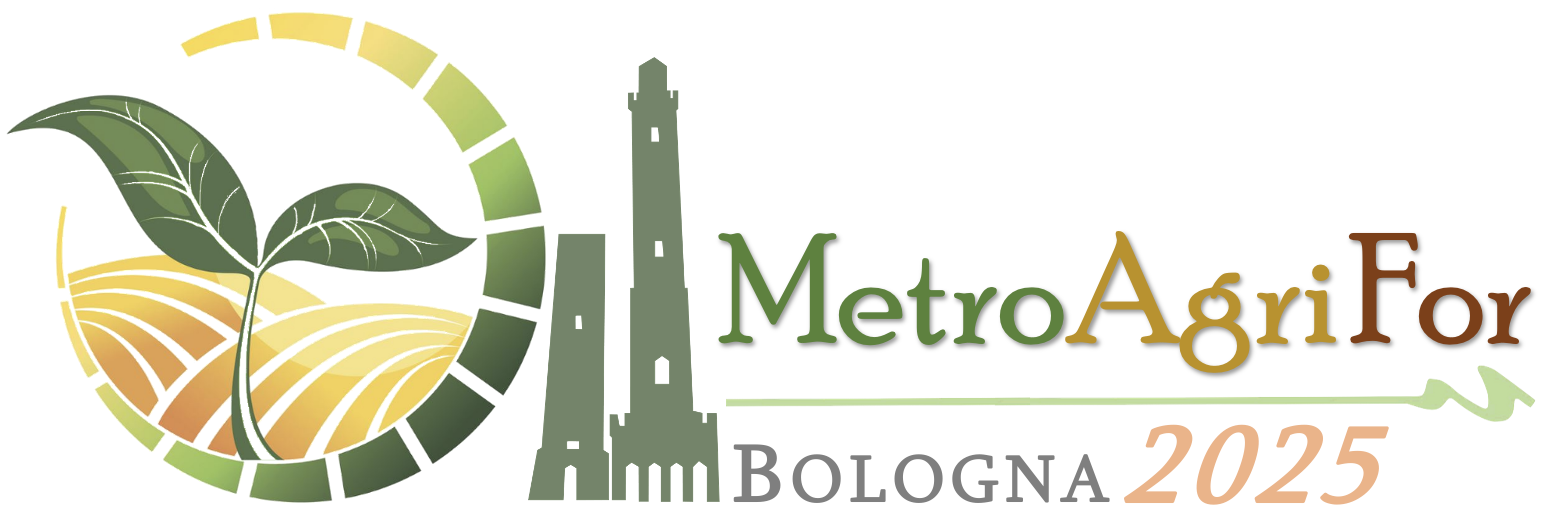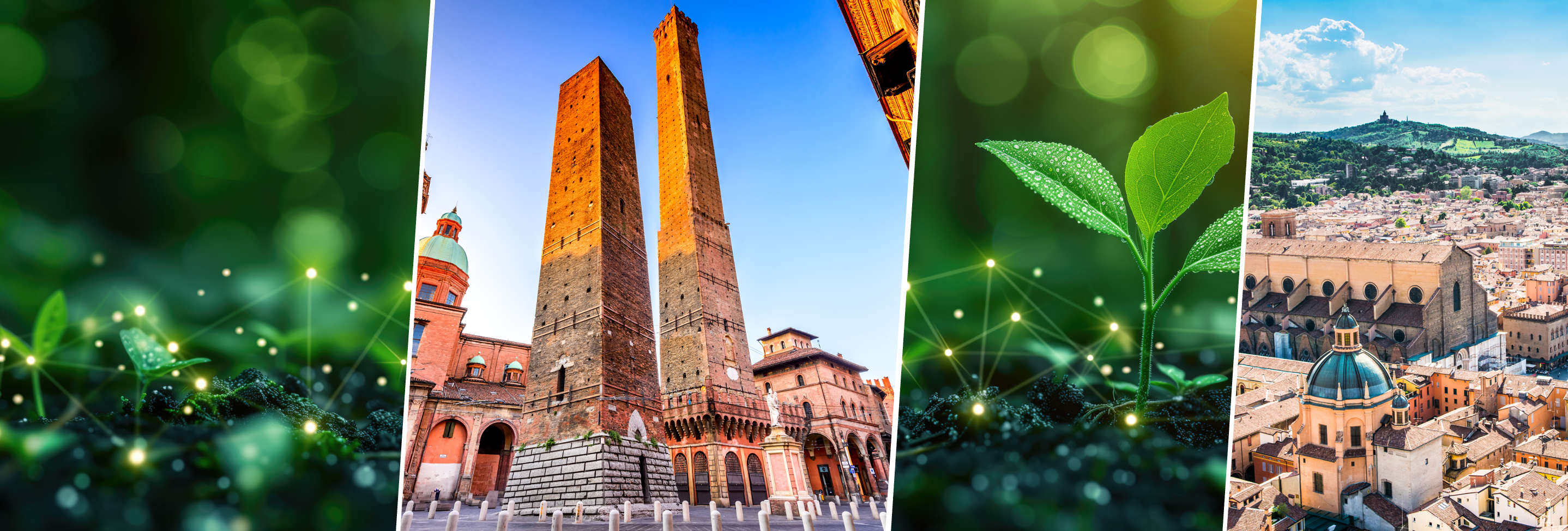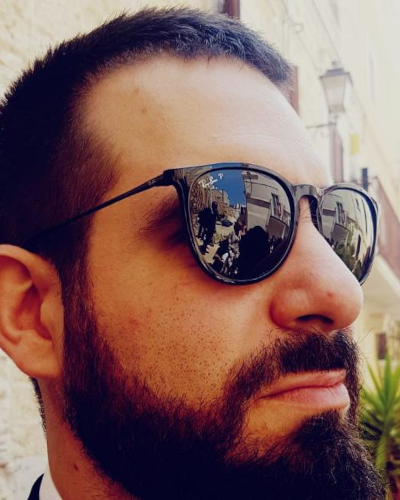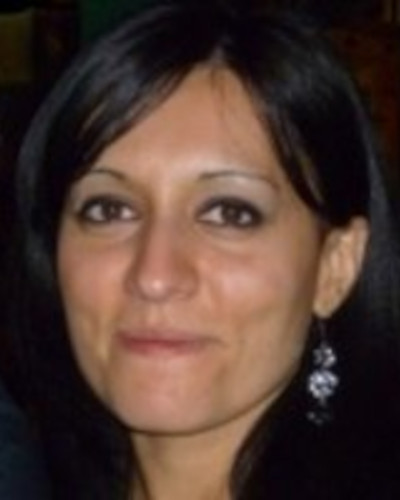SPECIAL SESSION #1
Exploring New Horizons in Agriculture 4.0 using Computer Engineering
ORGANIZED BY
Angelo Cardellicchio
Institute of Intelligent Industrial Technologies and Systems for Advanced Manufacturing - National Research Council of Italy (CNR-STIIMA)
Vito Renò
Institute of Intelligent Industrial Technologies and Systems for Advanced Manufacturing - National Research Council of Italy (CNR-STIIMA)
Annalisa Milella
Institute of Intelligent Industrial Technologies and Systems for Advanced Manufacturing - National Research Council of Italy (CNR-STIIMA)
ABSTRACT
Rising threats from climate change require leveraging solutions to provide reliable, sustainable, and fair food sources to an increasing world population. This requires a complete transformation of our current food production system. This shift is starting in Agriculture, mainly thanks to the advent of breakthroughs such as high throughput phenotyping and agriculture robots. More resilient crop genotypes are available; precision farming optimises yields while minimising costs, and agricultural robots can assist farmers in harsh conditions. Therefore, this special session aims to showcase how integration solutions will help reach the era of Agriculture 4.0, helping future farmers in sustainable and fair management of lands and soils and reducing the agricultural impact on the ecosystems while improving their profitability.
TOPICS
Topics of interest for this Special Session include, but are not limited to, new technologies, methods, and algorithms for:
- Smart sensor networks;
- Crop phenotypical and genotypical assessment;
- Crop pest and disease early warning systems;
- Crop lifecycle monitoring systems;
- Cooperative harvesting and farming;
- Data-driven sustainability;
- Precision farming;
- Controlled Environment Agriculture;
- Agricultural robotics;
- 2D, 3D and multi-modal vision systems in agriculture;
- Imaging and data processing for plant phenotyping;
- Green economy;
- Agribusiness applications.
ABOUT THE ORGANIZERS
Dr. Angelo Cardellicchio was born in Taranto, Italy, in 1985. He received a Master's Degree in Computer Engineering from Politecnico di Bari and then a Ph.D. degree in Electrical and Information Engineering from the same University in 2019, defending the thesis "Smart sensor systems for environmental monitoring: implications and Applications." His professional experiences range from web and mobile development to data analysis in the energy, environmental, vulnerability, and industrial domains. He has also been a contract professor for the University of Bari and the University of Foggia, and he is currently a contract professor for the Politecnico of Bari. He has worked for the National Research Council of Italy at the Institute of Intelligent Industrial Technologies and Systems for Advanced Manufacturing since 2021. He has authored several contributions to international peer-reviewed journals, conferences, and book chapters.
Dr. Vito Renò was born in Bari, Italy, in 1988. He received the Master Degree in Computer Engineering with honors from Politecnico di Bari in 2011, defending a thesis about computer vision and robust background modeling. He also received his PhD degree in Electrical and Information Engineering from the same University in 2017, defending the thesis "3D modeling, reconstruction and analysis of environments assisted by multi-sensorial data processing". He currently is a researcher at CNR STIIMA and is involved in research activities in the fields of computer vision and pattern recognition. He is co-author of 70+ scientific papers and one international patent. Deeply curious and enthusiast about artificial intelligence, with a pinch of multi-disciplinary and synergic applications.
Dr. Annalisa Milella is a Senior Researcher with the Institute of Intelligent Industrial Technologies and Systems for Advanced Manufacturing (STIIMA), National Research Council (CNR) of Italy. She received the Laurea (summa cum laude) and the Research Doctorate degrees in mechanical engineering from the Politecnico of Bari, Italy, in 2002 and 2006, respectively. From 2006 to 2009, she was a Postdoctoral Researcher with the CNR Institute of Intelligent Systems for Automation (ISSIA). From December 2009 to June 2018, she was a permanent Researcher with ISSIA. Since June 2018, she has been a Researcher with CNR-STIIMA. She was the Principal Investigator of the CNR research unit for the H2020 project ATLAS and the ERA-NET ICT-AGRI projects S3-CAV and ANTONIO. Currently, she is the PI of the CNR research unit for the Horizon Europe funded project AgRibot. She is the author of more than 90 publications in international journals, conference proceedings, and book chapters. Her main research interests include multi-sensor systems for robot perception in unstructured environments, 3D reconstruction and mapping, signal and image processing applied to robotics and intelligent systems, and agricultural robotics.









